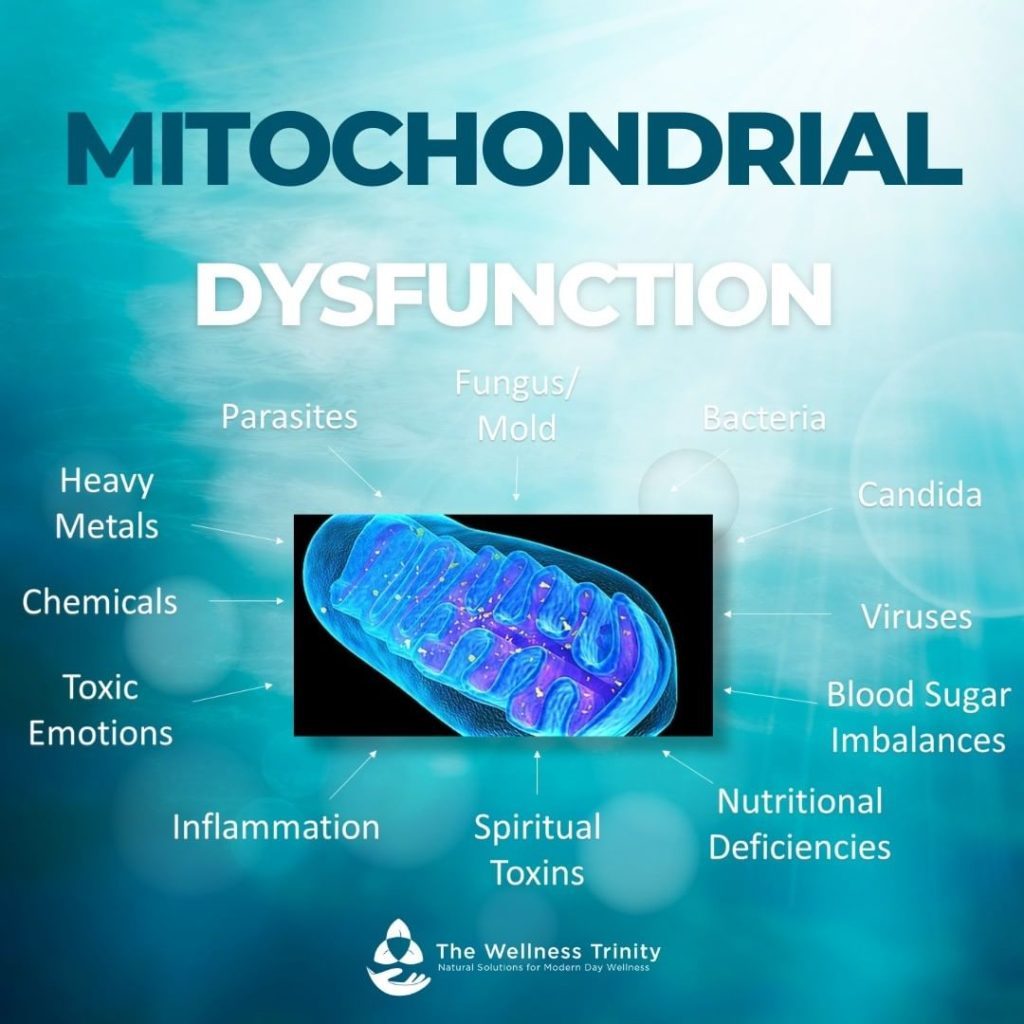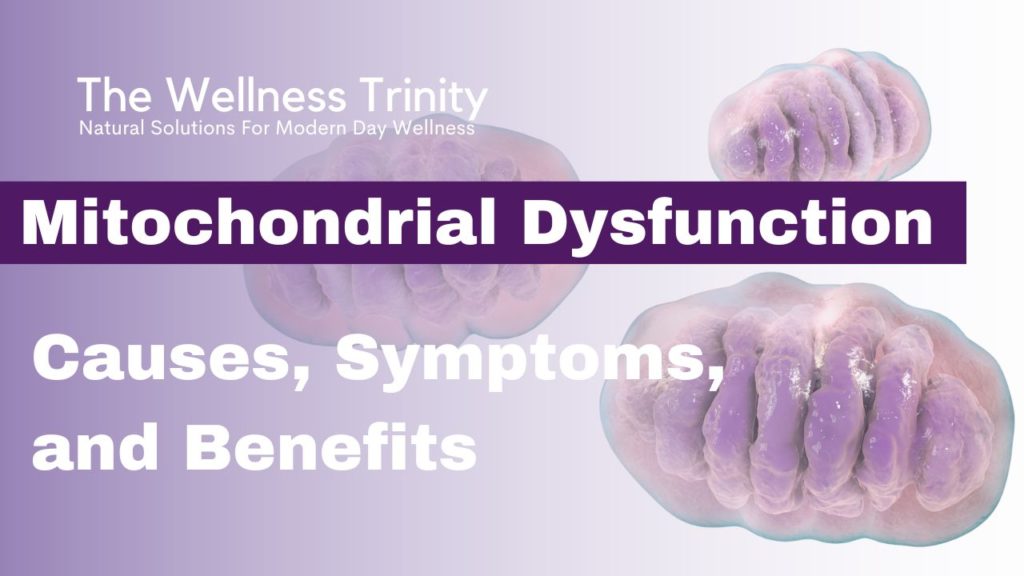Mitochondria are organelles found in cells that play a vital role in producing energy for the body. They are responsible for converting nutrients from food into a form of energy that cells can use. In this article, we will discuss the causes, symptoms, and benefits of mitochondria.
Causes of Mitochondrial Dysfunction:
Mitochondrial dysfunction can occur due to a variety of factors, including:
- Genetic Mutations: Some mitochondrial diseases are caused by mutations in genes that are responsible for producing proteins necessary for mitochondrial function.
- Environmental Factors: Exposure to toxins, radiation, and certain medications can cause mitochondrial dysfunction.
- Aging: As we age, our mitochondria become less efficient, leading to decreased energy production and an increased risk of mitochondrial dysfunction.
Symptoms of Mitochondrial Dysfunction:
Symptoms of mitochondrial dysfunction can vary depending on the severity and location of the dysfunction. Some common symptoms include:
- Muscle Weakness: Mitochondrial dysfunction can cause muscle weakness and fatigue, making it difficult to perform physical activities.
- Neurological Symptoms: Mitochondrial dysfunction can cause a range of neurological symptoms, including seizures, migraines, and vision loss.
- Organ Dysfunction: Mitochondrial dysfunction can affect the function of organs such as the heart, liver, and kidneys.
Benefits of Mitochondrial Health:
Maintaining healthy mitochondria can have several potential benefits, including:
- Increased Energy: Healthy mitochondria are essential for producing energy, which can help to improve overall physical performance and reduce fatigue.
- Improved Cognitive Function: Healthy mitochondria are important for maintaining brain health and cognitive function.
- Reduced Risk of Chronic Disease: Mitochondrial dysfunction has been linked to several chronic diseases, including Alzheimer’s disease, Parkinson’s disease, and diabetes.
In conclusion, mitochondria are essential organelles that play a vital role in producing energy for the body. Mitochondrial dysfunction can lead to a range of symptoms and increase the risk of chronic diseases. However, maintaining healthy mitochondria through proper nutrition, exercise, and reducing exposure to toxins can have several potential benefits. If you are experiencing symptoms of mitochondrial dysfunction, it is important to seek medical attention from a healthcare professional who is knowledgeable about mitochondrial diseases.
Click here for the Full Initial Consultation link to get more info.










